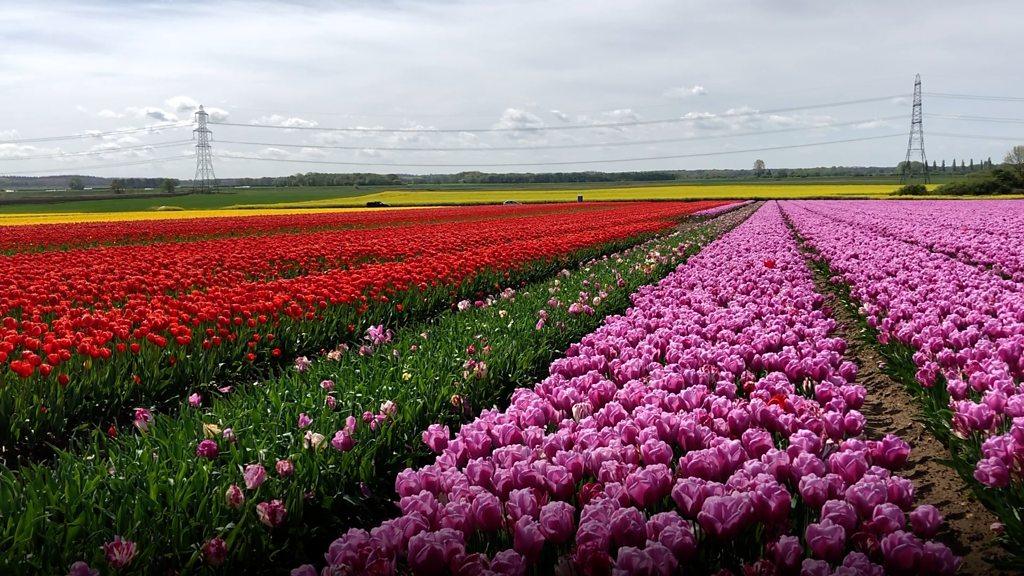Hospices face going bust - charity warns
- Published
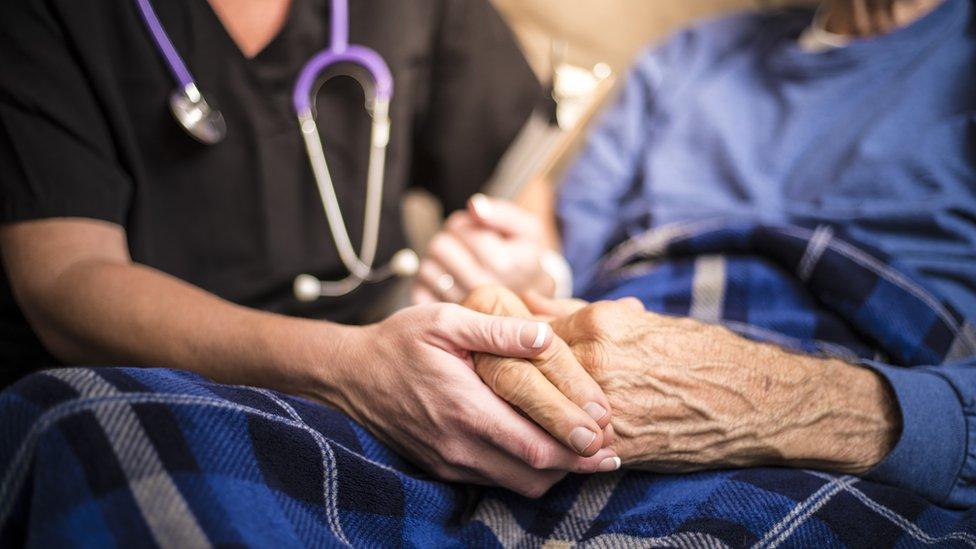
Many hospices rely heavily on fundraising to meet their costs
Hospices face "going bust" as the cost of living crisis bites, a charity has warned.
Hospice UK, which comprises 200 UK hospices, said 75% were reporting deficit budgets pre-pandemic.
Trustee David Smith said the current system which requires some hospices to generate the majority of their income themselves is "broken".
NHS England said it is "undertaking extensive work" to review the way end-of-life care is funded.
Mr Smith, who is also chief executive of Teesside Hospice in Middlesbrough and St Teresa's Hospice in Darlington, has warned any changes may come too late for some as concern over falling donations grows.
He said: "The assumption that local communities can fund hospices through jumble sales, enabling them to deliver high quality, specialist care is just impossible no matter how generous communities are."
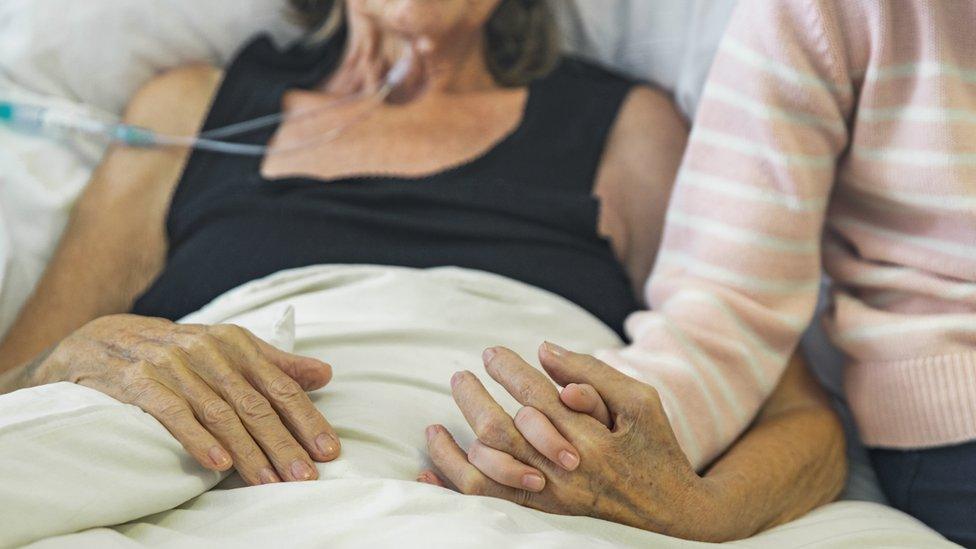
The NHS is currently reviewing how hospices are funded
Mr Smith added it is a "peculiarity" that end-of-life care has "remained the responsibility of charities to fundraise for."
Many hospices rely on a combination of donations and grants from NHS Clinical Commissioning Groups (CCGs).
Laura Golding, director of income at Overgate Hospice, in Elland, West Yorkshire, said it has not received any increase in NHS funding for five years, adding the public is reining in their generosity in response to rising costs.
"It's worrying because we want to remain open for families," she said. "It's now a concern whether we will meet our running costs."
As well as an inpatient unit, it provides a day service, community hubs, therapy and counselling.
Ms Golding added: "People now have less disposable income. Before they might have given £20 to us, now it's £10."
Chris Sadler, chief executive of Dove House Hospice, in Hull, said it is experiencing "significant costs pressures."
He said: "Allied to reductions in some areas of our regular giving, we are facing uncertainty in our ability to match levels of funding with levels of expenditure over the coming months."
Mr Sadler said Dove House receives around 10% in NHS funding, adding that any reduction in income from its fundraising activities will have to be factored into future plans. This may mean some of its "aspirations and developments" will be stalled, he said.
He made clear, however, Dove House is currently in a position to maintain and sustain core services.
In a statement, the NHS said: "Hospices play a vital role in caring for people at the end of their lives which is why, as part of the NHS Long Term Plan, funding was doubled for children's hospice and palliative care services.
"NHS England continues to work closely with key partners such as Together for Short Lives, Hospice UK and representatives from several children and young people's hospices, and are undertaking extensive work both nationally and regionally to review current models of care, commissioning pathways and financial formulas to ensure the sector is supported."

Follow BBC Yorkshire on Facebook, external, Twitter, external and Instagram, external. Send your story ideas to yorkslincs.news@bbc.co.uk, external.
Related topics
- Published22 March 2022
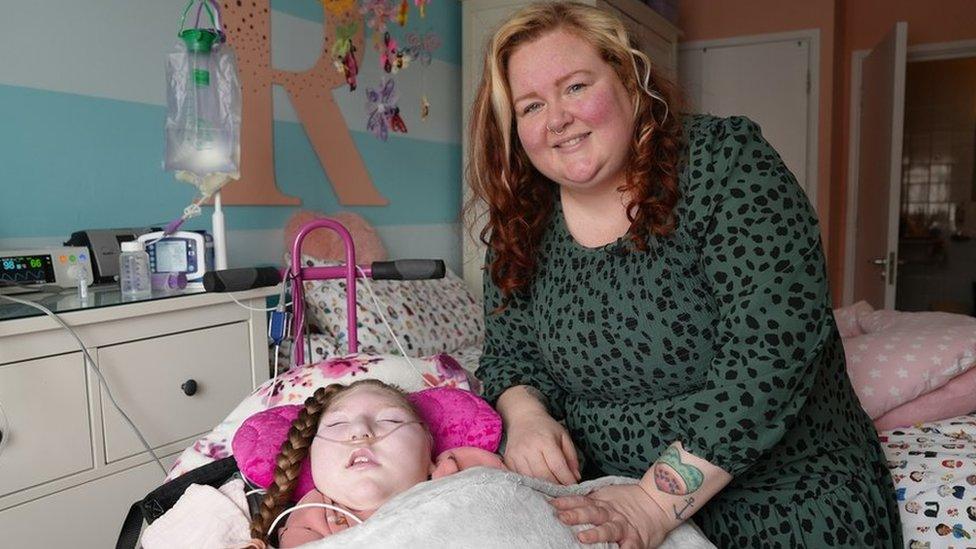
- Published13 May 2022
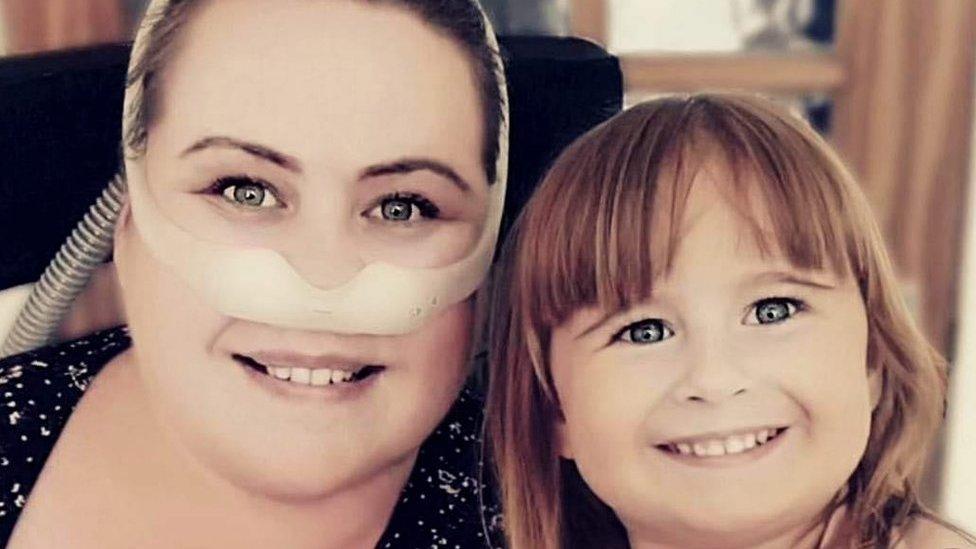
- Published11 May 2022
